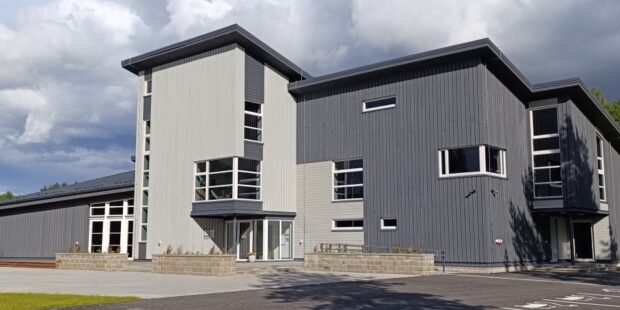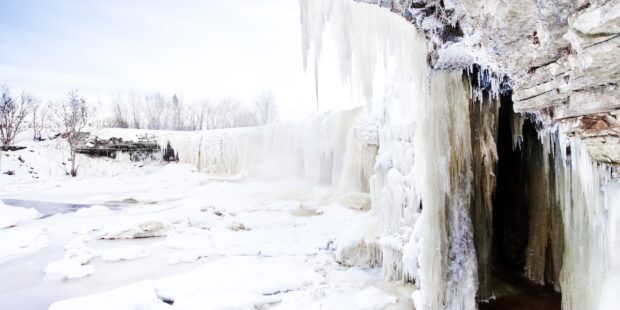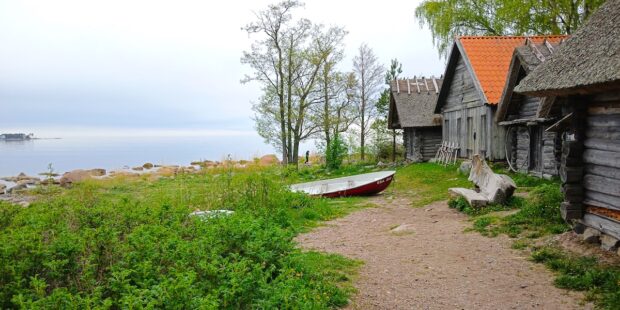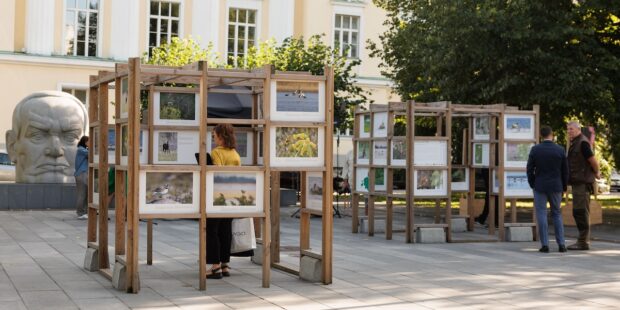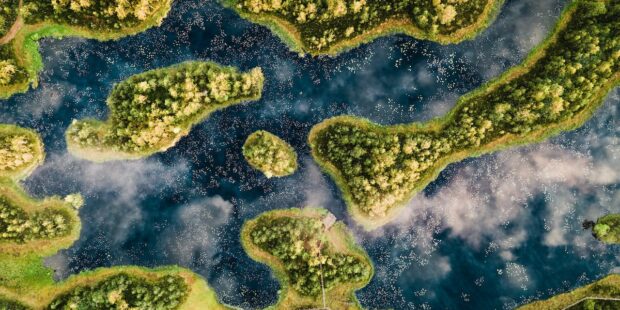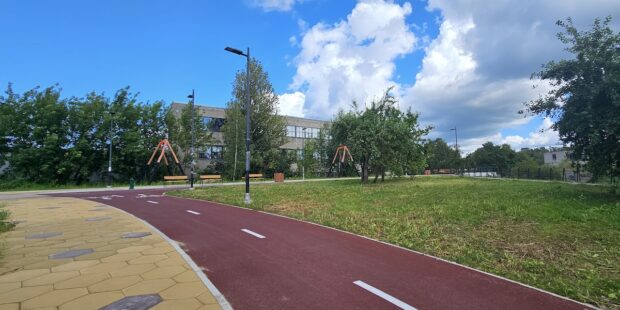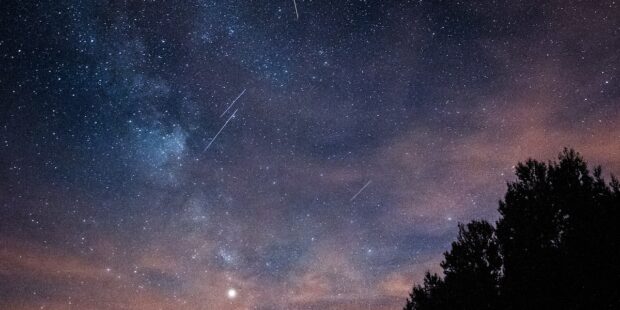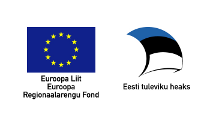The right of public access guarantees the freedom to enjoy Estonian nature
Text Mikko Virta Photos Renee Altrov, Hans Markus Antson, Priidu Saart, Mikko Virta
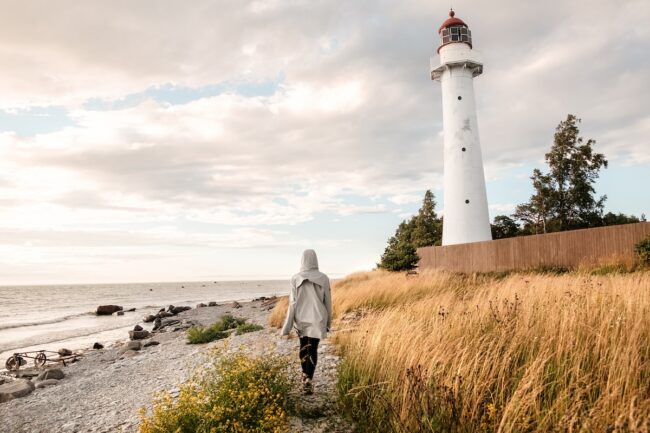 In Estonia, everyone has the right to walk along the coast without hindrance. The picture shows a coastal landscape on the island of Vormsi.
In Estonia, everyone has the right to walk along the coast without hindrance. The picture shows a coastal landscape on the island of Vormsi.
More and more travellers are heading to Estonia for nature excursions. Many may wonder how the right of public access works here. Is it allowed to pick berries, camp in forests, and roam freely in nature?
Like in many countries, Estonia observes the rights of public access, which grants the freedom to walk, cycle, or ski in the countryside, as well as boat on waterways, forage for mushrooms and berries, and fish with a rod and line. While the rights in Estonia are quite similar to neighbouring countries, there are some key differences, mostly related to moving and camping on private land.

Camping Allowed on Private Land – With Conditions
Visitors often ask whether it’s allowed to camp freely in Estonia. In Finland for example, temporary camping is allowed as long as it’s far enough from residential buildings. In Estonia, camping is not as unrestricted. In Estonia, you can camp on private land for one night, provided the area isn’t fenced off or marked with signs. Camping too close to residences is not permitted. If private land is fenced or marked with signs, camping and access are not allowed. Landowners can also verbally deny permission to camp or pick berries.
Estonia’s State Forest Management Centre (RMK) explains: “Privately owned land is considered restricted and marked if there are visible and understandable signs such as fences or notices.”
In practice, you’ll often encounter “private land” (eramaa) signs near water bodies and popular holiday spots. Sometimes these signs include a phone number so you can contact the landowner for permission to access or camp on the land. Driving motor vehicles on private land always requires the landowner’s permission.
RMK-managed recreational areas offer well-maintained camping spots free of charge for visitors. Information on camping areas and other outdoor services is available on RMKs website. It’s also important to note that in nature reserves, public access rights may be restricted. For example, in many protected areas, access is limited during bird nesting season (February 1 to July 15), and such restrictions are clearly signposted.

A Permit Is Always Needed for Fires
In Estonia, making a fire always requires the landowner’s permission. It’s recommended to use designated fire pits, which are both safe and convenient. RMK maintains well-equipped fire sites across the country, complete with free firewood, outdoor toilets, tables, and benches. Firewood should be used sparingly to ensure enough for future visitors. It’s crucial to remember that lighting fires is prohibited when there are forest fire warnings.

Free Access to Beaches Is Unique to Estonia
One standout feature of Estonia’s public access rights is the right to roam along beaches, which Estonians greatly value. This means everyone has the right to walk along the shoreline without hindrance. The public access zone is 10 metres wide along major waterways, starting at the waterline, and 4 metres wide along smaller ones. In reality, access may sometimes be impeded by fences, but these must include gates to allow free passage.
Estonia’s Coastal Hiking Route, opened five years ago, takes advantage of this free shoreline access. The trail runs along the coast from Tallinn to Latvia and onwards to Lithuania. Highlights include the scenic Kabli area south of Pärnu.

Exploring Nature with Dogs
Dogs are welcome on nature trails as long as they are kept on a lead. However, some protected areas may have specific restrictions, such as prohibiting dogs from trails that cross grazing land. Bringing dogs to public beaches is generally not allowed, but many cities provide dedicated dog-friendly beaches.
Fishing Permits Made Easy Online
Fishing with a rod and line is permitted without a licence in Estonia. For spin fishing, a recreational fishing permit (harrastuspüügiõigus) is required, which can be easily purchased online at kalaluba.ee. A daily permit costs just 2 euros, while a week-long permit costs 5 euros.
To learn more about this and similar topicsCamping in Estonia Coastal Hiking Route Estonia Estonia Nature Estonia Right of Public Access Fishing in Estonia Foraging Estonia Hiking in Estonia

